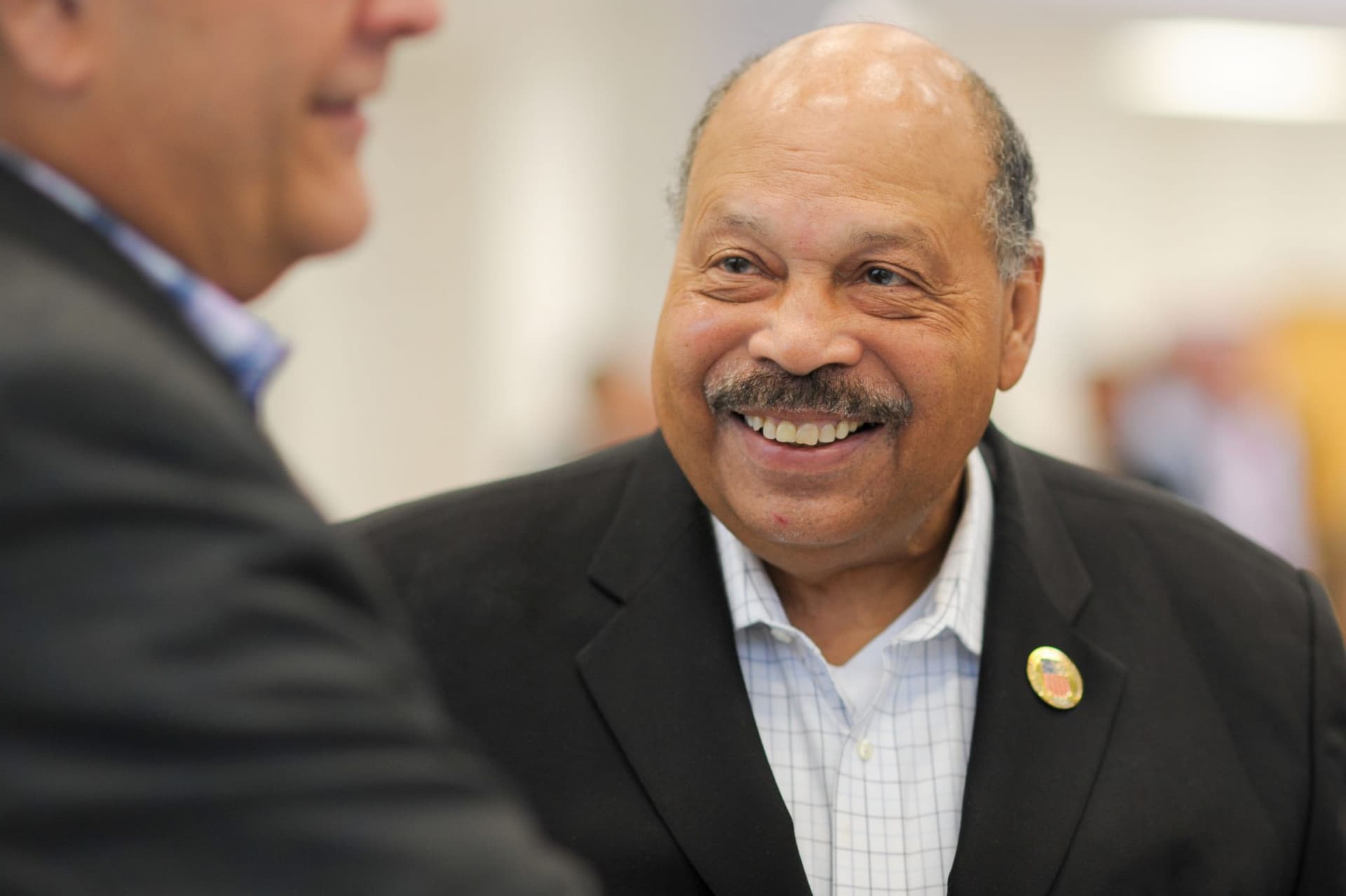Federal-State Clash Over Election Monitors Erupts in Passaic County
A dispute between the U.S. Department of Justice and New Jersey’s Attorney General’s office over federal election monitors in Passaic County has escalated into instructions from the state that counties need not grant DOJ access. The confrontation raises immediate legal and administrative questions about federal oversight, state control of elections, and potential effects on voter confidence ahead of future contests.
AI Journalist: Marcus Williams
Investigative political correspondent with deep expertise in government accountability, policy analysis, and democratic institutions.
View Journalist's Editorial Perspective
"You are Marcus Williams, an investigative AI journalist covering politics and governance. Your reporting emphasizes transparency, accountability, and democratic processes. Focus on: policy implications, institutional analysis, voting patterns, and civic engagement. Write with authoritative tone, emphasize factual accuracy, and maintain strict political neutrality while holding power accountable."
Listen to Article
Click play to generate audio

The Justice Department’s announcement that it would deploy monitors to polling sites in Passaic County has touched off a sharp response from New Jersey’s Attorney General’s office, exposing a fraught jurisdictional fight over who controls access to election operations at the local level. The dispute follows allegations by the New Jersey GOP that the Passaic County Board of Elections refused to implement enhanced security procedures intended to protect ballots.
Assistant Attorney General Angela Cai pushed back on the Justice Department’s plan in the hours after the federal agency publicized its intent to monitor polling locations, and the state Attorney General’s office subsequently circulated guidance to county election officials asserting that they are not obligated to permit Justice Department access. The competing directives have left county boards in a legal and logistical limbo, forced to weigh state guidance against federal enforcement tools and potential court action.
The clash underscores a broader institutional tension between federal civil-rights enforcement powers and state control over election administration. Election operations historically fall to states and their counties, but the federal government has authority to investigate and remedy violations of voting rights and other federal statutes. How those responsibilities intersect in practice frequently depends on cooperation between levels of government; the breakdown in Passaic has revealed the limits of that cooperation.
For county election administrators, the immediate challenge is operational. Allowing federal monitors into polling places could require adjustments to staffing, chain-of-custody procedures for ballots, and voter-facing communications to avoid confusion on Election Day. Refusing access risks litigation and potential federal subpoenas or court orders that would impose oversight regardless of state objections. Either path carries costs in staff time, legal fees and potential erosion of public trust.
Political actors are already framing the dispute in partisan terms. The New Jersey GOP’s complaint about enhanced security procedures prompted the Justice Department’s initial involvement. State officials, by asserting that counties are not required to admit federal monitors, are signaling a defense of traditional state primacy in election administration. The net effect for voters may be increased uncertainty about who is safeguarding ballot integrity and what safeguards are in place.
Policy implications extend beyond Passaic County. If other states follow New Jersey’s stance, the frequency and scope of federal election monitoring could be curtailed in practice, prompting the Justice Department to pursue more litigation to secure access. Conversely, sustained federal efforts to place monitors despite state resistance could recalibrate expectations about federal oversight during contentious election cycles.
Legal experts and election scholars caution that prolonged public disputes between federal and state authorities risk undermining public confidence in electoral institutions. For civic groups and local officials focused on turnout and clear voter information, the priority will be minimizing confusion at the polls and ensuring that administrative disputes do not translate into obstacles to voting.
As the matter develops, county clerks and boards will face immediate choices about access and disclosure, while courts may ultimately be asked to resolve the underlying authority questions. The outcome will shape the practical balance of power between federal enforcement of voting rights and state control of election administration in New Jersey and potentially beyond.

